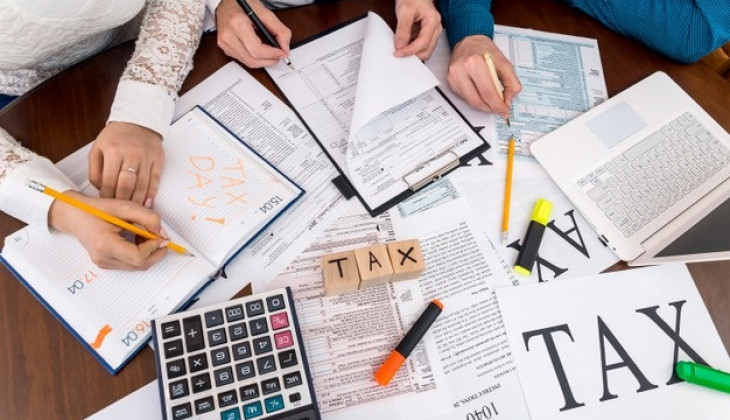Indonesian Center for Tax Law, UGM Faculty of Law discussed the above topic in its first-ever episode of the “Afternoon Tax” webinar, a forum held every Thursday during Ramadan to share knowledge, latest information, and research on tax law. In this episode, two lecturers from the Department of Tax Law examined the tax policies on electronic transactions from the national and global perspectives, the main challenges, and recent developments on the issues.
The first speaker, Anugrah Anditya, began the session by introducing the two models of transactions, traditional or conventional and modern or electronic. Traditional business refers to brick-and-mortar stores that provide goods and services to people through physical presence. The electronic model, on the other hand, conducts its product and service exchange through the internet. It is an intermediary between sellers and buyers that stores a lot of information beneficial for tax collection.
“Conceptually, the electronic transaction tax can use the existing regulations for the conventional business. However, the government as the tax authority will face many challenges along the way,” said Anugrah.
The information between one party and another is likely to be out of sync compared to the conventional business. Several shops may only exist online (no physical stores), which results in the government unable to conduct direct observations. If the self-assessment model applies, it would be even more difficult for the authority to confirm because the information relies on the honesty of the taxpayers.
“Although, in terms of concept, they are similar, yet data collection model for the electronic transactions has to be different to help the authority obtain thorough information to impose taxes,” he continued.
Andrianto Dwi Nugroho, the second speaker, added that regardless of the challenges, the government has to start considering or even collecting the taxes of electronic transactions now. If the current situation continues, conventional businesses will feel they are unfairly treated. The sooner it is introduced or implemented, the sooner those electronic businesses can no longer escape their obligation to pay taxes.
“There are multilateral efforts for this as many other countries are also keen to collect taxes from electronic transactions, as well as unilateral measures,” explained Andrianto.
Since 2017, the Organization for Economic Co-operation and Development (OECD) has encouraged countries to impose an indirect tax (VAT) while waiting for the global consensus. As for Indonesia, the government has officially issued Government Regulation in Lieu of Law Number 1 of 2020 (Perppu No. 1/2020) and Trading through Electronic Systems (GR 80/2019 or PPN PMSE) aimed to regulate the electronic transaction tax.
Source: https://ugm.ac.id/id/berita/21054-penerapan-pajak-transaksi-elektronik-di-indonesia



